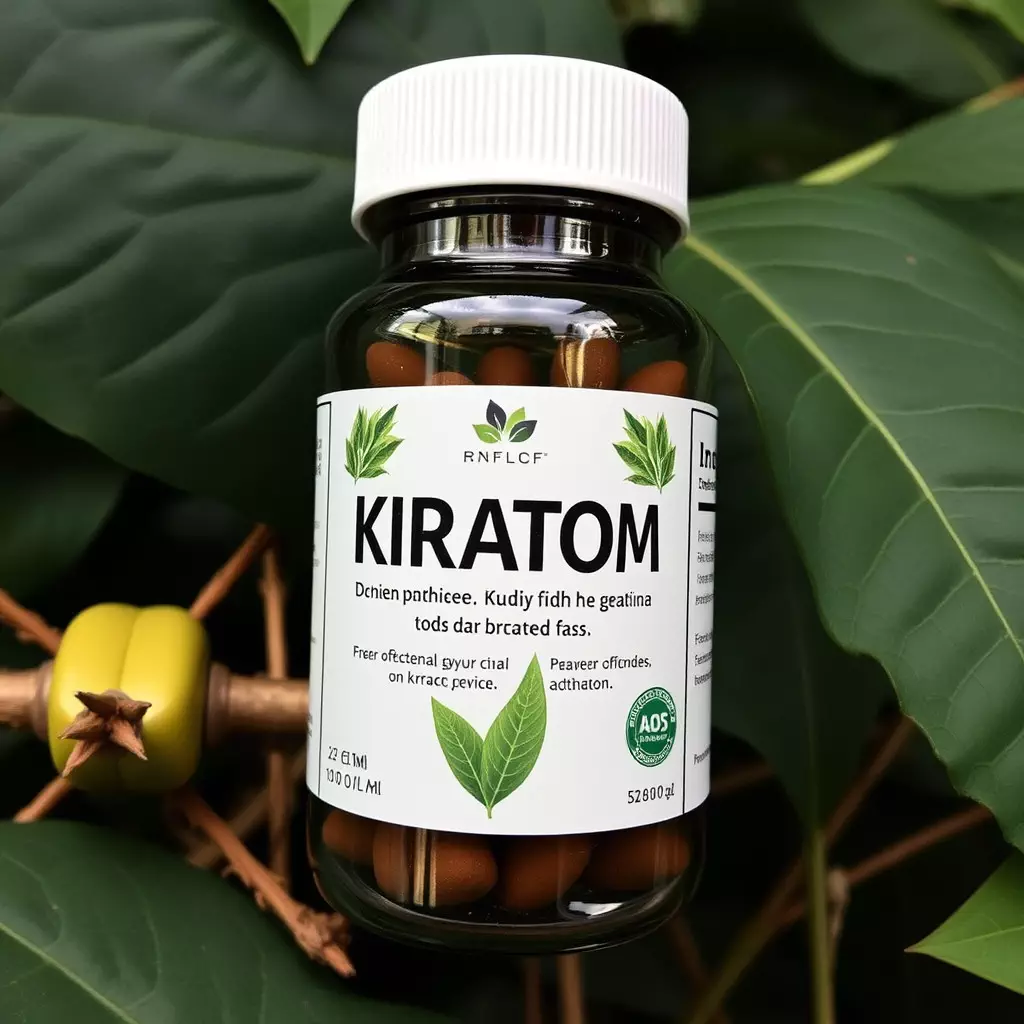Ginger, a traditional herb with potent anti-inflammatory compounds like gingerol and shogaol, offers significant benefits for digestive health. It aids in soothing the GI tract, reducing indigestion, nausea, and vomiting, and promotes smoother digestion by stimulating gastric motility and acting as a carminative to relieve bloating. When combined with kratom herbs and botanicals from Mitragyna speciosa leaves, ginger's effects are amplified for even greater support in maintaining gut health, potentially alleviating further gastrointestinal distress like ulcers or acid reflux. This synergy not only addresses existing digestive issues but also proactively supports overall well-being and nutrient absorption by enhancing saliva and gastric juice production. Kratom's additional benefits, including mood balance and stress reduction, complement the digestive advantages of ginger for a holistic approach to health and vitality.
Discover the digestive health advantages of ginger, a potent herb renowned for its therapeutic properties. This article delves into how ginger supports gastrointestinal function, drawing parallels with other herbs and botanicals like kratom. Explore the science behind ginger’s role in digestion, learn practical ways to incorporate it into your diet, and understand its impact on overall well-being. Join us as we unravel the benefits of this natural remedy for a healthier digestive system.
- Unlocking the Digestive Benefits of Ginger: A Natural Approach to Gastrointestinal Health
- Ginger's Role in Digestion: Understanding Its Effects and Applications
- Integrating Ginger into Your Diet for Enhanced Digestive Function and Well-being
Unlocking the Digestive Benefits of Ginger: A Natural Approach to Gastrointestinal Health
Ginger, a potent herb with a long history of use in traditional medicine, offers a wealth of digestive benefits that can be harnessed for gastrointestinal health. This rhizome is not only renowned for its zesty flavor but also for its efficacy in promoting healthy digestion. Ginger contains compounds such as gingerols and shogaols, which are known to possess anti-inflammatory properties. These active ingredients can help soothe the gastrointestinal tract, alleviate discomfort from conditions like indigestion, and aid in the prevention of nausea and vomiting. Regular consumption of ginger can stimulate saliva and bile production, facilitating the breakdown of food and enhancing nutrient absorption, a testament to its role as a natural digestive aid.
In addition to its direct effects on digestion, ginger also interacts synergistically with other herbs and botanicals, including kratom. Kratom, derived from the leaves of Mitragyna speciosa, has been traditionally used for its wide range of health benefits. When combined with ginger, this duo can provide an even more robust support system for gastrointestinal health. The synergy between these two natural substances may help to further alleviate gastrointestinal distress and promote a balanced and healthy digestive tract. For those seeking a holistic approach to maintaining their digestive well-being, incorporating ginger and kratom into their regimen could be a beneficial natural solution, given their individual attributes and combined effects.
Ginger's Role in Digestion: Understanding Its Effects and Applications
Ginger, a potent herb with a long history of culinary and medicinal use, plays a significant role in supporting digestive health. Its efficacy stems from gingerol, a bioactive compound that exhibits anti-inflammatory and antioxidant properties. Ginger’s action begins in the stomach where it stimulates gastric emptying and peristalsis, facilitating smoother digestion. This herbal remedy also helps to alleviate discomfort caused by bloating and indigestion through its carminative effects, effectively reducing intestinal gas and relieving abdominal pain. Additionally, ginger’s gastrointestinal protective qualities can soothe irritation and inflammation of the GI tract, making it beneficial for individuals with conditions like Irritable Bowel Syndrome (IBS) or those experiencing nausea, particularly when related to motion sickness or pregnancy.
Incorporating ginger into one’s diet can take many forms, from fresh root preparations to concentrated extracts and teas. Its versatility extends beyond traditional uses as it has found a place alongside other kratom herbs and botanicals in the realm of natural health products. The synergy between ginger and these botanicals can offer comprehensive support for maintaining optimal digestive function, with potential to ease issues like gastric ulcers, acid reflux, and intestinal spasms. Ginger’s role in digestion is not only confined to treating existing problems but also in promoting overall gut health, which is crucial for the body’s ability to absorb nutrients efficiently. This makes ginger a valuable ally in any natural approach to maintaining a healthy digestive system.
Integrating Ginger into Your Diet for Enhanced Digestive Function and Well-being
Ginger, a potent root with a rich history of use in traditional medicine, offers significant benefits for digestive health. Its rhizomes, known for their zesty and pungent flavor, can be seamlessly integrated into various dietary practices to enhance gastrointestinal function. Ginger’s therapeutic properties are attributed to its bioactive components, such as gingerol and shogaol, which possess anti-inflammatory and antioxidant effects that aid in soothing the gastrointestinal tract. By incorporating ginger into daily meals, individuals can stimulate saliva and gastric juice production, facilitating better digestion and nutrient absorption. This root can be consumed fresh, powdered, or as an infusion, making it versatile enough to fit into any culinary regimen. Moreover, its effectiveness in addressing issues like bloating, indigestion, and nausea makes it a valuable ally in the quest for digestive well-being.
In addition to its direct impact on digestive function, ginger synergizes with other herbs and botanicals, including kratom, to further support overall health and vitality. Kratom, known for its wide range of effects, can complement ginger’s digestive properties by promoting a balanced mood and reducing stress, which in turn can positively influence the body’s ability to digest food efficiently. The synergy between these two natural substances can lead to an enhanced state of well-being, providing holistic support for those looking to optimize their health through diet and natural supplementation. Including ginger in your diet not only caters to your taste buds with its invigorating flavor but also offers a comprehensive approach to digestive health and overall wellness.
Incorporating ginger into your diet can be a simple yet effective strategy for promoting digestive health, as detailed in our exploration of its benefits. This natural remedy has been recognized for centuries in various herbal traditions for its gastrointestinal advantages. By understanding ginger’s role and learning how to best utilize it, individuals can enhance their digestive function and overall well-being. While this article has focused on ginger, it’s also worth considering other herbs and botanicals, such as kratom, which have been used traditionally for similar health benefits. Both ginger and kratom herbs and botanicals offer diverse applications that can complement a healthy lifestyle and support the body’s natural processes.






